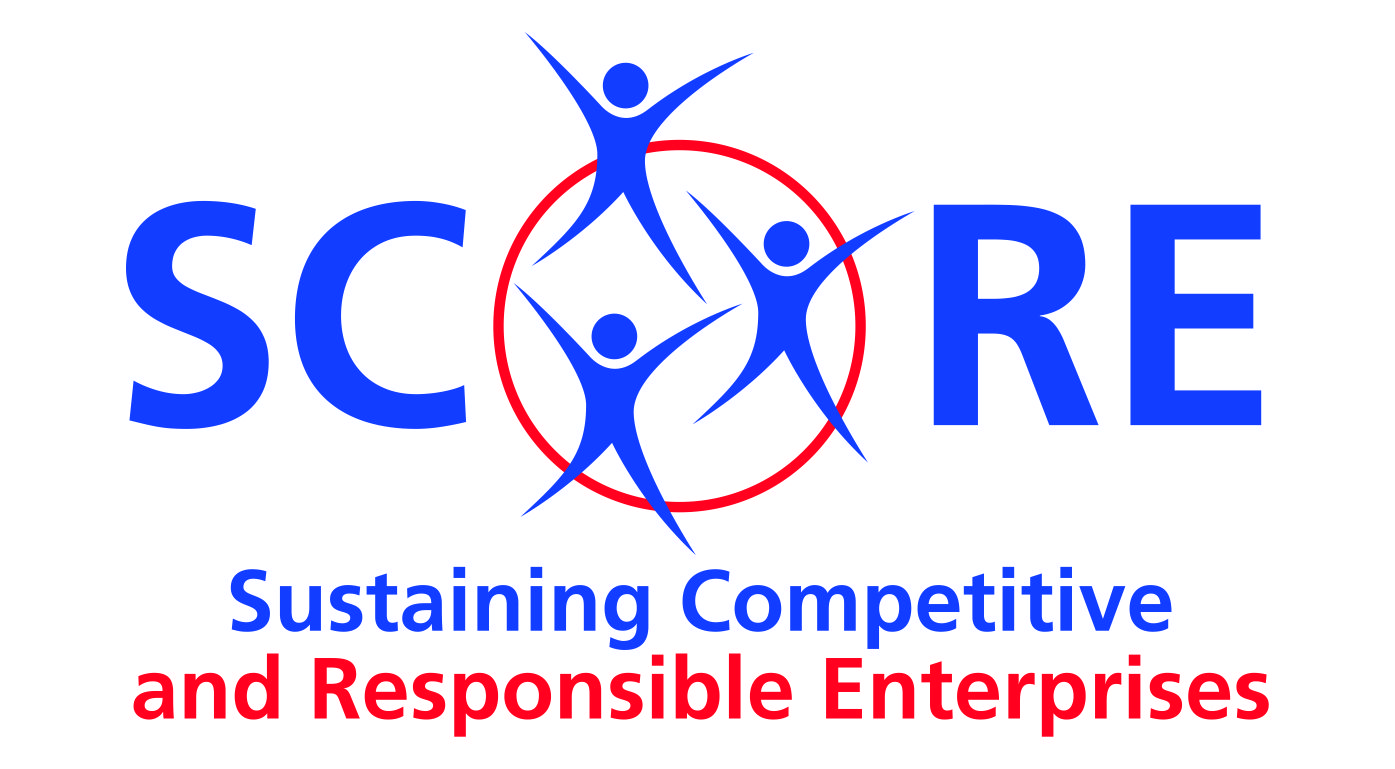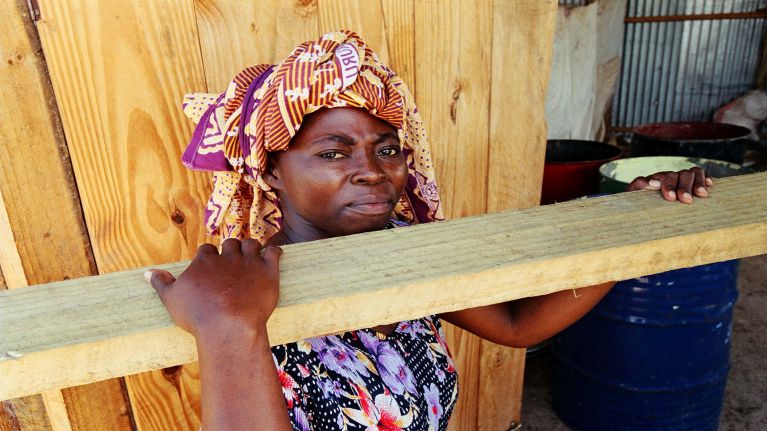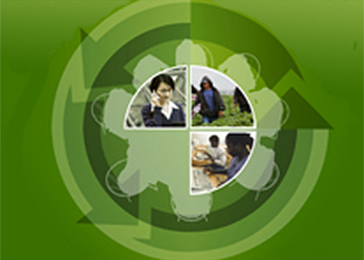Areas of work
-

Business Development Services (BDS)
-
COVID-19 and ENTERPRISES
The ILO Enterprises Department has been monitoring and collecting key information resources available on the functioning of enterprises in the crisis, including its impact on enterprises, responses by enterprises and state policy measures to support affected enterprises. These briefs will be published regularly to provide updated information on actions taken to support enterprises.
-

Cooperatives
The ILO views cooperatives as important in improving the living and working conditions of women and men globally as well as making essential infrastructure and services available even in areas neglected by the state and investor-driven enterprises. Cooperatives have a proven record of creating and sustaining employment – they are estimated to provide at least 279 million jobs today; they contribute to promoting decent work and advancing sustainable development goals.
-

Enabling Environment for Sustainable Enterprises
seeks to enhance a favourable environment for sustainable enterprises combining the legitimate quest for profit with the need for development that respects human dignity and decent work. Such an environment encourages investment, entrepreneurship, workers’ rights and the growth of enterprises by balancing the needs and interests of enterprises with the aspiration of society.
-

Entrepreneurship and enterprise development
expects to link job quality and productivity with real benefits for employers and workers, promoting an entrepreneurship culture, enhancing the coverage and quality of business services and building enterprise development institutions.
-

Enterprise Formalization
The ILO conducts research and provides advisory services to constituents to facilitate enterprise formalization, for example through appropriate and well-coordinated legislation, policies and compliance mechanisms. This work is combined with direct measures to support enterprise formalization, such as business development services and measures that make business registration cheaper, easier and more attractive. The work undertaken by the team builds on ILO Recommendation 204 concerning the Transition from the Informal to the Formal Economy.
-

Global Employment Injury Programme - Insurance and Protection
The Programme seeks to leverage ILO's extensive on-the-ground experience with enterprises to influence social security in better addressing their needs for employment injury protection and bearing in mind their reality in terms of affordability and compliance to get workers effectively covered. It aims to improving working conditions in enterprises by way of an enabling environment making employment injury benefits accessible for all their workers and at least as good as the minimum required under C.121.
-

ILO Helpdesk for Business on International Labour Standards
-

Local Economic Development (LED)
The ILO advises on how local economic development strategies can promote sustainable and productive work, raise incomes, expand social protection and enable women and men to effectively participate in local development decisions in their communities.
-

MNEs contributors to creation of employment
aims to encourage the positive contribution which multinational enterprises can make to economic and social progress and to minimize and resolve the difficulties to which their operations may give rise. This area of work seeks to implement the MNE Declaration which was recently re-affirmed in 2008 in the “ILO Declaration on Social Justice for a Fair Globalization”.
-

Productivity & Working Conditions
ILO’s Sustaining Competitive and Responsible Enterprises (SCORE) Programme improves productivity and working conditions in small and medium enterprises (SMEs). The key intervention of the programme is SCORE Training, which combines practical classroom training with in-factory consulting. The Training demonstrates best international practice in the manufacturing and service sectors and helps SMEs to participate in global supply chains.
-

The Productivity Ecosystems for Decent Work Programme
The ILO, together with the Swiss State Secretariat for Economic Affairs (SECO) and the Norwegian Agency for Development Cooperation (NORAD) are launching a new Programme to address constraints to productivity growth and decent job creation. The Programme will address productivity and decent work deficits across policy, sector and enterprise levels for win-win solutions that improve productivity and that ensure, through social dialogue and workplace cooperation, that gains are distributed equitably.
-

Social Finance
With an emphasis on social justice, the ILO's Social Finance Programme supports efforts to extend financial services to excluded persons by addressing the promotion of better employment and a reduction in the vulnerability of the working poor.
-

Social and Solidarity Economy
Social and Solidarity Economy (SSE) refers to enterprises and organizations (cooperatives, mutual benefit societies, associations, foundations and social enterprises) which produce goods, services and knowledge that meet the needs of the community they serve, through the pursuit of specific social and environmental objectives and the fostering of solidarity. The ILO's work on SSE includes policy advice, capacity building, research, partnerships and development cooperation projects.
-

The Start and Improve Your Business Programme
The Start & Improve Your Business (SIYB) programme is a management-training programme with a focus on starting and improving small businesses as a strategy for creating more and better employment in developing economies and economies in transition.
-

Tripartite Declaration of Principles on Multinational Enterprises and Social Policy
The MNE Declaration is the only ILO instrument that provides direct guidance to enterprises (multinational and national) on social policy and inclusive, responsible and sustainable workplace practices.
-

Inclusive Markets & Value Chains
The Inclusive Markets and Value Chains (IM) team uses a systemic approach to understand how a market or a value chain functions in its context, why it might not be serving the needs of a certain target group, and how its deeply rooted constraints can be addressed to promote decent work.
-

Women's Entrepreneurship Development (WED)
ILO-WED works on enhancing economic opportunities for women by carrying out affirmative actions in support of women starting, formalizing and growing their enterprises, and by mainstreaming gender equality issues into the ILO's work in enterprise development.
-

Youth Entrepreneurship Development